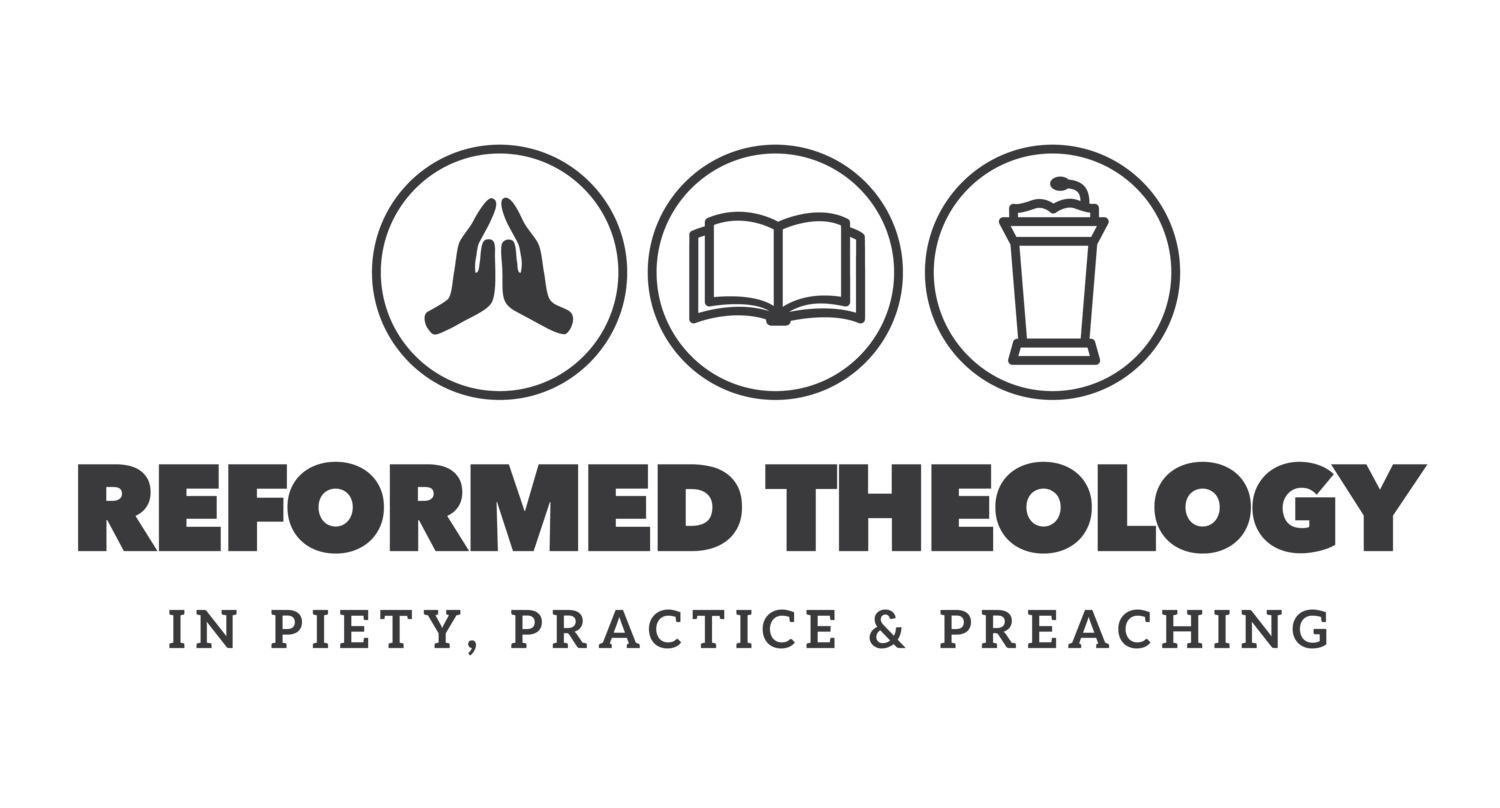When I entered the pastorate I quickly learned that there were concentric circles of relationships within the church: there is the session (or consistory), the congregation, and the regional church (the presbytery or classis), and ultimately the denomination (the general assembly or synod). In my interaction with these various levels of the church I found that one of the most important is the session, or my elders. In the life of the church I quickly discovered the importance of keeping my elders close.
You and your elders frequently deal with difficult circumstances in the church, whether doctrinal or practical. When someone has a serious counseling issue, then you and your elders will definitely discuss the matter and be engaged in counseling. My elders and I would regularly make home visits with members of the congregation where a number of these issues would arise. Of all of the people in the church, I worked most with my elders. Moreover, given that my elders and I were the ones who had the responsibility of making most of the key decisions in the church, it was vital that we had a good working relationship. To that end, there were a number of things that we regularly did to ensure that we maintained a good relationship.
First, we tried to spend time together outside of our regular meetings. Before our regular session meetings, for example, we would get together for a meal to fellowship. Since our wives were also in attendance, we wouldn’t discuss session business. We simply worked on building our friendships. Along these lines my wife and I made an effort to invite the elders on my session over for dinner on a regular basis. Friendship and camaraderie are important elements for a good working relationship so I spent time fostering my relationship with these men.
Second, we would regularly discuss the things we were reading and spent time discussing doctrinal issues so we were abreast with the latest developments in the regional church or denomination. Some pastors I know would have their elders pick a theological book to study and discuss together. It’s important to know where your elder’s are theologically, where agreement and disagreement lie on a session. This can be vital when you’re navigating disagreement and conflict on a session, and most importantly, when you’re resolving conflicts.
Third, our session always spent time in prayer not only for the congregation but for one another. And I regularly prayed for the elders on my session. It’s in times of prayer that we learn to carry one another’s burdens and intercede for each other before the throne of grace.
In these efforts I made a concentrated effort to keep my session close, close to me and close to one another. Among the many ways that a church can falter and even implode is if there’s conflict on a session. If the session is seriously divided, then a church has a disease that affects its core—its leadership. Such a sickness can quickly spread throughout a congregation like a fire through a parched forest. If the only time you interact with your elders is at session meetings, or the occasional conversation on Sundays, then you’ll be significantly disadvantaged when conflicts or difficult decisions arise. One of the ways to inoculate your session against such problems is to keep your elders close so that when difficult times arise, you have a solid foundation from which to negotiate the challenges. If you’re not an elder or a pastor, definitely pray for unity and harmony among your elders. A healthy church has a healthy session.
